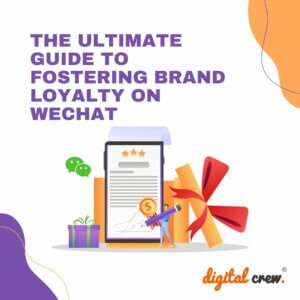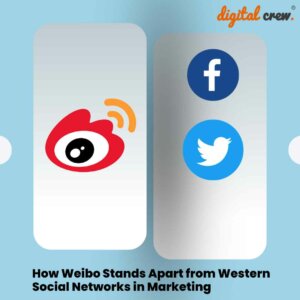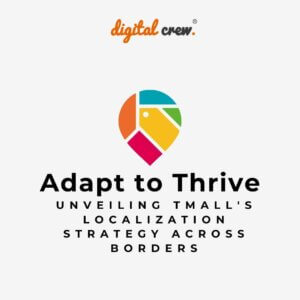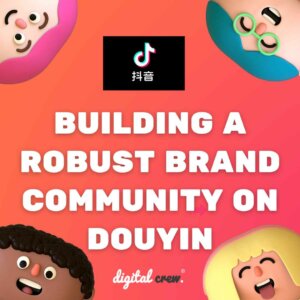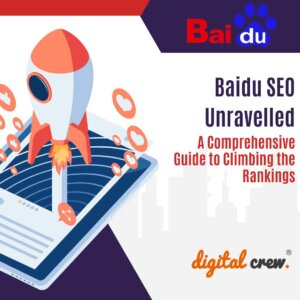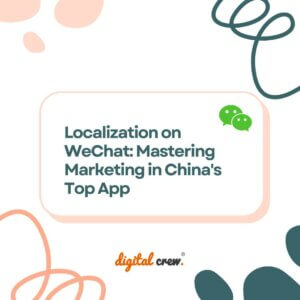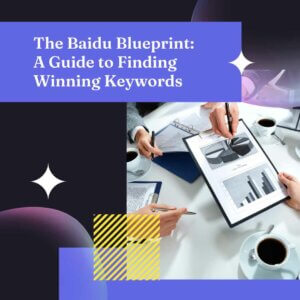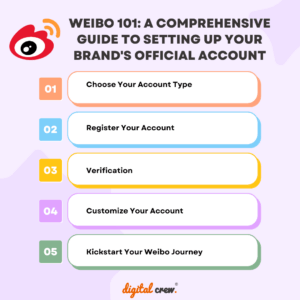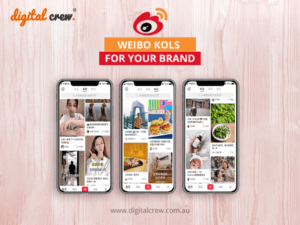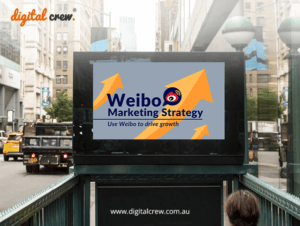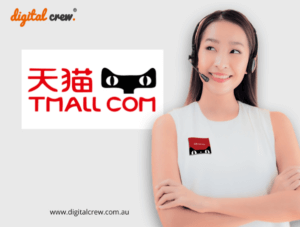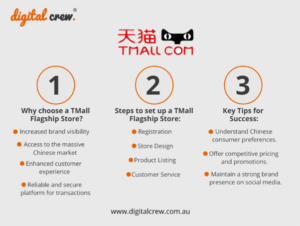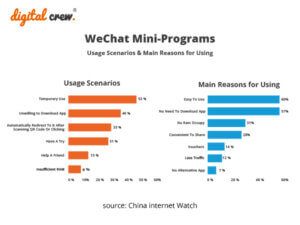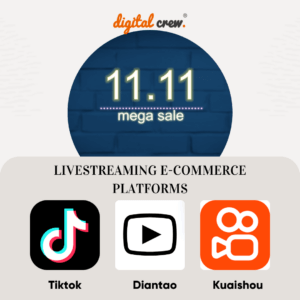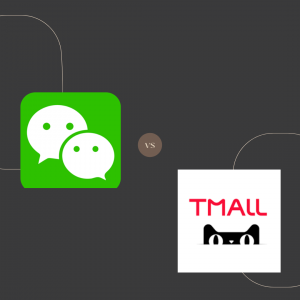Health supplements are a booming industry in China, due in part to a greater awareness of the health benefits, and higher incomes. According to a report in BRW, China’s Tmall alone is estimated to be selling upwards of 2.7 million vitamin products a month. A number of Australian companies are already selling health supplements in China.
What sort of supplements are popular?
As well as vitamins, a report from Austrade indicates that other popular supplement products include:
- Grape seed extract
- Fish oil
- Ginkgo biloba and ginseng
- Echinacea
- Protein powder
- Co-enzyme Q10
- Propolis
- Weight loss supplements
Combination supplements tend to be preferred over single vitamin products. Australian brands already selling in China include Blackmores and Nature’s Way.
Why Chinese consumers are buying health supplements
Supplement purchases have been driven partly by increased awareness of health and nutrition, notes Austrade.
For many, supplements represent a simple way to improve general health and wellbeing, meet nutritional deficits, and provide a form of medication for those who are unwell. Given the emphasis on traditional medicine in China, vitamins and herbs are a familiar and appealing way to aid health.
The increased normalisation of self-medication, along with growing disposable incomes, has also encouraged the health supplement boom.
Brand names, pricing and distribution
Increasing consumer sophistication has encouraged increased spending on mid-tier and upper-tier health products, which are seen as being reputable, reports Euromonitor.
These products can command an increased price tag, and are in part helping to drive ongoing growth.
Additionally, while stringent government policies make selling over-the-counter products a challenge, China’s ecommerce platforms offer international manufacturers a way of more easily marketing, selling and distributing supplements.
Is your brand Chinese market ready?
In order to be successful in China, it’s essential to have both an awareness of the Chinese market and the Chinese language, and to be able to react to market changes in a timely way.
Current knowledge of any relevant legislation is a must. For example, beauty products must be tested on animals in order to be sold in China, which is a requirement that many Australian companies object to.
However there are loopholes for selling animal-friendly organic beauty products, through China’s ecommerce platforms such as Tmall.
















